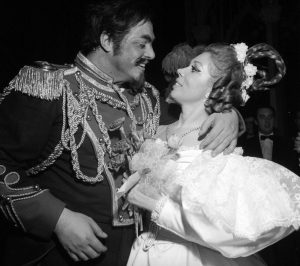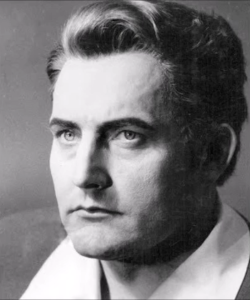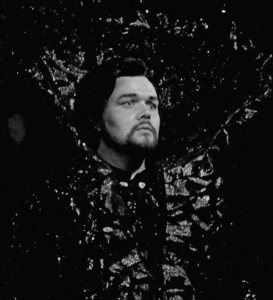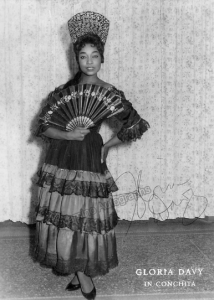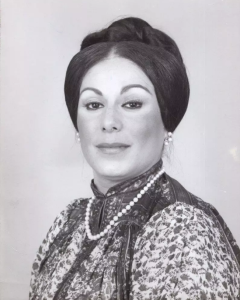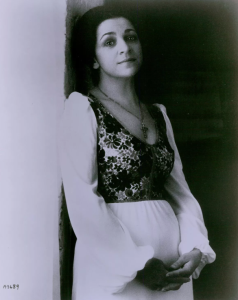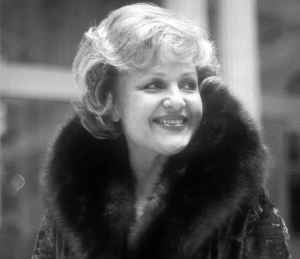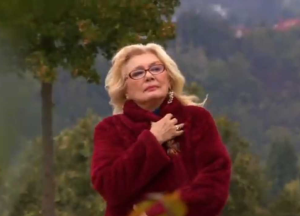Podcast: Play in new window | Download (Duration: 1:42:34 — 140.8MB) | Embed
Subscribe: Spotify | TuneIn | RSS | More
Anytime I do an episode on Fritz Wunderlich, the sun breaks through the clouds, emotionally speaking. Possessor of a bright-timbred voice of such exquisite beauty anchored by a profoundly satisfying musical sensibility, he and his legacy inspire rather than sadden me. Today I’ve chosen a duet program, because it allows me to showcase Fritz’s effortless stylistic flexibility, while at the same time highlighting a rainbow of singing partners, some of whom are old favorites, and others of whom might not yet be well-known to my listeners. Today’s treasure-trove of singers includes sopranos Maria Stader, Lucia Popp, Teresa Stratas, Erika Köth, Edith Mathis, Stefania Woytowicz, Pilar Lorengar, Melitta Muszely, Trude Eipperle, Hilde Güden, Anneliese Rothenberger, and Ruth-Margret Pütz; mezzo-soprano Christa Ludwig; and baritones Hermann Prey and Marcel Cordes, among others. Wunderlich and his co-stars sing repertoire ranging from the early Baroque through Janáček, including a particularly generous helping of Italian opera (albeit sung mostly in German), German Singspiel and Viennese operetta. It’s a long episode, so don’t hesitate to divide the episode up into bite-sized segments. No matter how you slice it up, I forecast a blissful response to these clarion tones!
Countermelody is a podcast devoted to the glory and the power of the human voice raised in song. Singer and vocal aficionado Daniel Gundlach explores great singers of the past and present focusing in particular on those who are less well-remembered today than they should be. Daniel’s lifetime in music as a professional countertenor, pianist, vocal coach, voice teacher, and author yields an exciting array of anecdotes, impressions, and “inside stories.” At Countermelody’s core is the celebration of great singers of all stripes, their instruments, and the connection they make to the words they sing. By clicking on the following link (https://linktr.ee/CountermelodyPodcast) you can find the dedicated Countermelody website which contains additional content including artist photos and episode setlists. The link will also take you to Countermelody’s Patreon page, where you can pledge your monthly or yearly support at whatever level you can afford.


